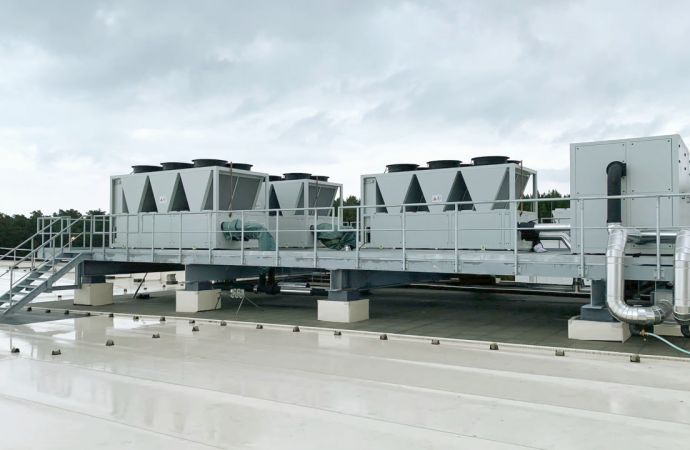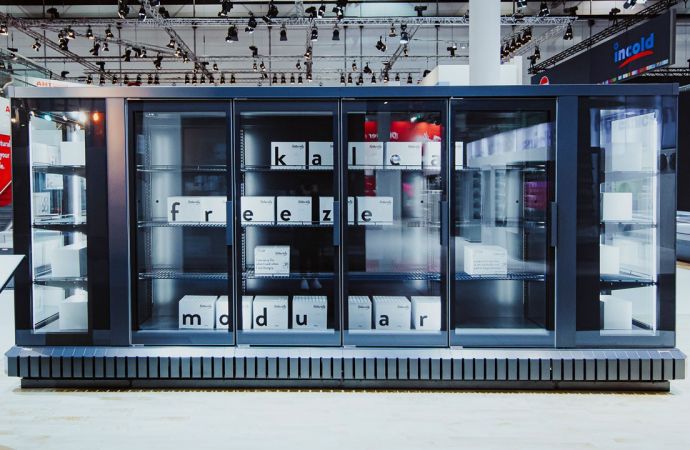The new EU F-Gas Regulation is not the only legislative driving force for natural refrigerants in the European Union. Numerous measures to decarbonise the cooling sector are about to be adopted, as part of the proposed ‘Clean Energy for All Europeans’ policy package.

Introduced on 30 November 2016 by the European Commission, the ‘Clean Energy for All Europeans’ package is a set of legislative measures to support the clean energy transition in the European Union. Accelerate Europe explains in the latest issue how this will affect market for natural refrigerant-based equipment.
The Clean Energy package includes updates of the Energy Performance of Buildings Directive (EPBD) and the Energy Efficiency Directive (EED).
Among the highlights are requirements for Europe’s building stock to be fully decarbonised by 2050 (new Art. 2a EPBD) and a proposed new 30% energy efficiency target for 2030 (EED).
Once adopted, the directives are expected to influence the type and size of cooling equipment being placed on the market.
Natural refrigerants are widely accepted as very energy-efficient refrigerants, and therefore stand to benefit from the updated EPBD and EED.
Increased share of renewable energy
In 2014, the European Union agreed on a binding target of providing from renewable sources at least 27% of the energy consumed in the EU by 2030.
The proposed Renewable Energy Directive, part of the ‘Clean Energy for All Europeans’ package, reaffirms this binding target and puts in place a framework and tools to achieve it.
The legislation is expected to create further opportunities for natural refrigerants used in district cooling, as well as expand the market for natural refrigerant-based heat pumps.
More efficient and sustainable products
The Eco-design Directive and the Energy Labelling Directive, together with their accompanying regulations, are also being implemented and will extensively modify the regulatory landscape for HVAC&R products in the European market.
The directives include requirements for energy performance levels. The Eco-design Directive requires appliances to comply with mandatory energy performance requirements.
The appliances concerned include professional refrigeration products (condensing units and process chillers, etc.), commercial refrigeration products, space heating and cooling products, and high-temperature process chillers.
New product groups such as refrigerated containers and Building Automation Control Systems in residential buildings (BACs) are included in the proposed Eco-design update.
Natural refrigerant-based equipment can help manufacturers to reach the targets set by the Eco-design Directive due to its energy efficiency.
The legislative process for all the above-mentioned measures is still ongoing. Final adoptions are not expected until this summer at the earliest.
For more on this and other Accelerate Europe stories check out the latest issue.
Related stories



